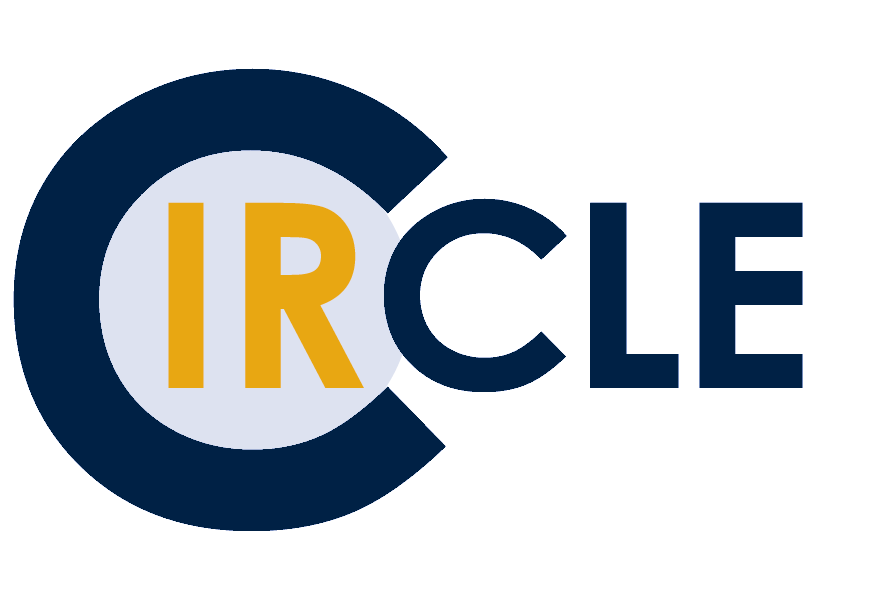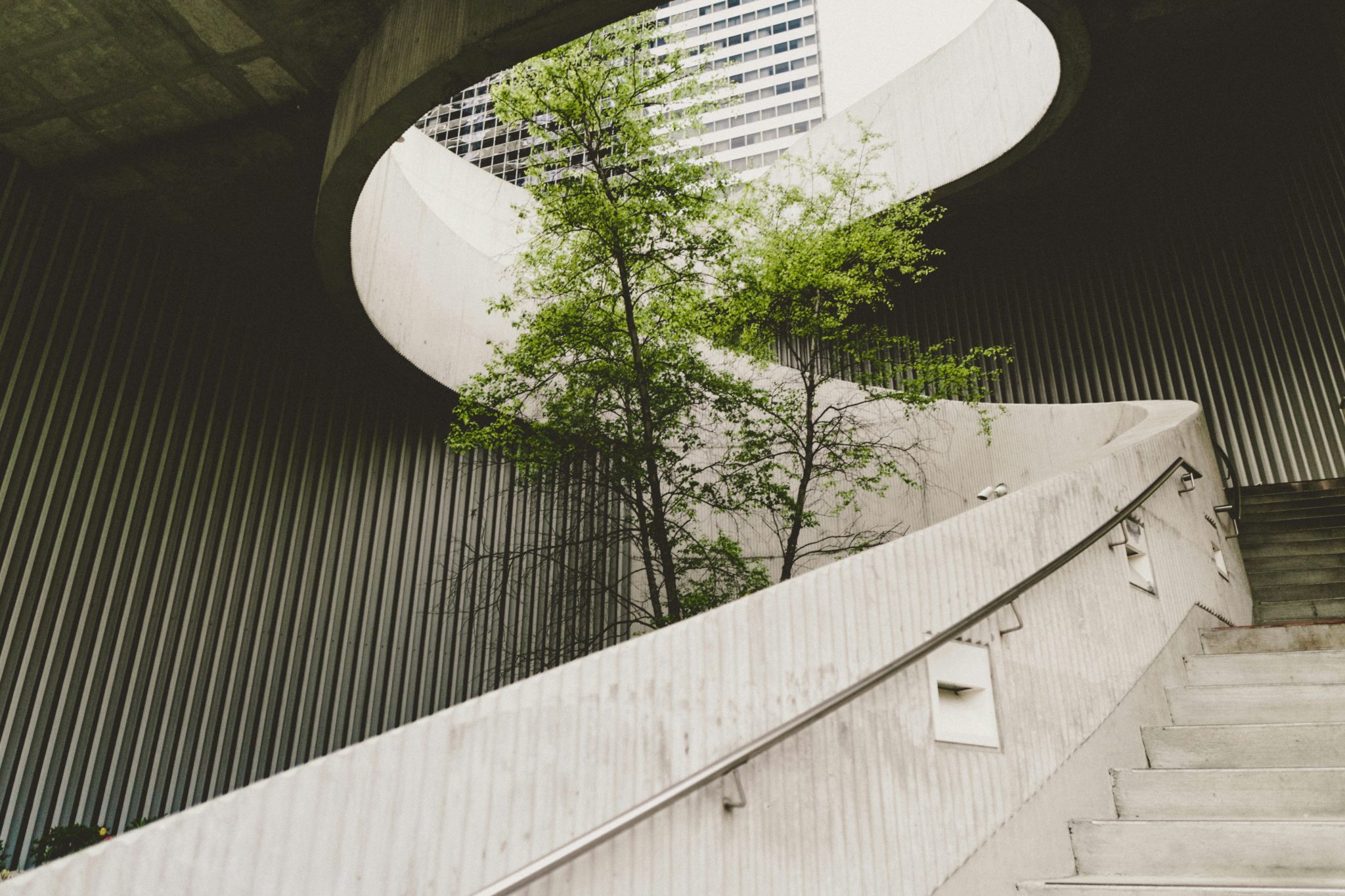Photo courtesy: Unsplash
April 22nd is Earth Day!
This year Earth Day Canada is launching the national Earth Day is Leg Day Challenge – a prize-winning contest to encourage walking or using bikes and transit to reduce gas emissions. In support, we’ve spotlighted cIRcle items on Urban Sustainability authored by UBC Faculty and Graduate Students. Read on for a look at how sustainability functions in urban environments.
The Paradox of Urban Sustainability
In her graduating project from the School of Architecture and Landscape Architecture (SALA) entitled “The Elephant in the City : Environmental Gentrification and the Paradox of Urban Sustainability”, Emily Tu draws on research conducted in Vancouver’s Downtown Eastside to explore the concept of environmental gentrification and the social aftermaths of urban greening. Defining “environmental gentrification” as “[…] the process whereby the seemingly progressive discourse of urban sustainability is used to drive up property values and displace low-income residents” Tu argues that “landscape architecture’s collective consciousness has failed to consider the complex social, political, and economic dynamics of its practice”. By incorporating research, case studies, illustrations and images, Tu advocates for landscapes that use a holistic design framework that not only takes into account sustainability and aesthetics but also the social impacts of urban greening.
Urban Resilience
In “Conceptualizing Dimensions and Characteristics of Urban Resilience : Insights from a Co-Design Process”, faculty from UBC’s School of Community and Regional Planning (SCARP) introduce the concept of resilience in an urban planning context as encompassing “structural resilience, community resilience or resilience to climate change”. The article explores the use of co-design methods—a community-centered, equity-based collaborative design approach—in overcoming challenges to resilience-based planning projects. Read more about Dr. Yumagulova’s related work on this subject in her 2018 dissertation, “Towards urban and regional resilience : a case study of Metro Vancouver region, Canada”.
Healing Sustainable Cities
Former SCARP graduate student, Lindsay Clark, was motivated by personal tragedy to explore the potential for integrating holistic notions of wellbeing into sustainability planning. In her 2010 graduating project, “Planning and Design as Healing Arts : Towards a Framework for Sustainable Cities” Clark extends the Healthy City framework that supports notions of physical and climate wellbeing to propose a “Healing Cities” “mind-body-spirit sustainability model,” that is, “intended to reframe the human role in sustainability work and draw more attention to the spiritual dimensions of planning.”
Looking for more?
Search for “urban sustainability” as a keyword search in Open Collections or consult our guide on using the Advanced Search feature to focus your search results. You can also browse SCARP and SALA collections in cIRcle or contact the cIRcle Office for help. If you’re looking for more subject based research support, please visit the UBC Music, Art and Architecture Library web page.

